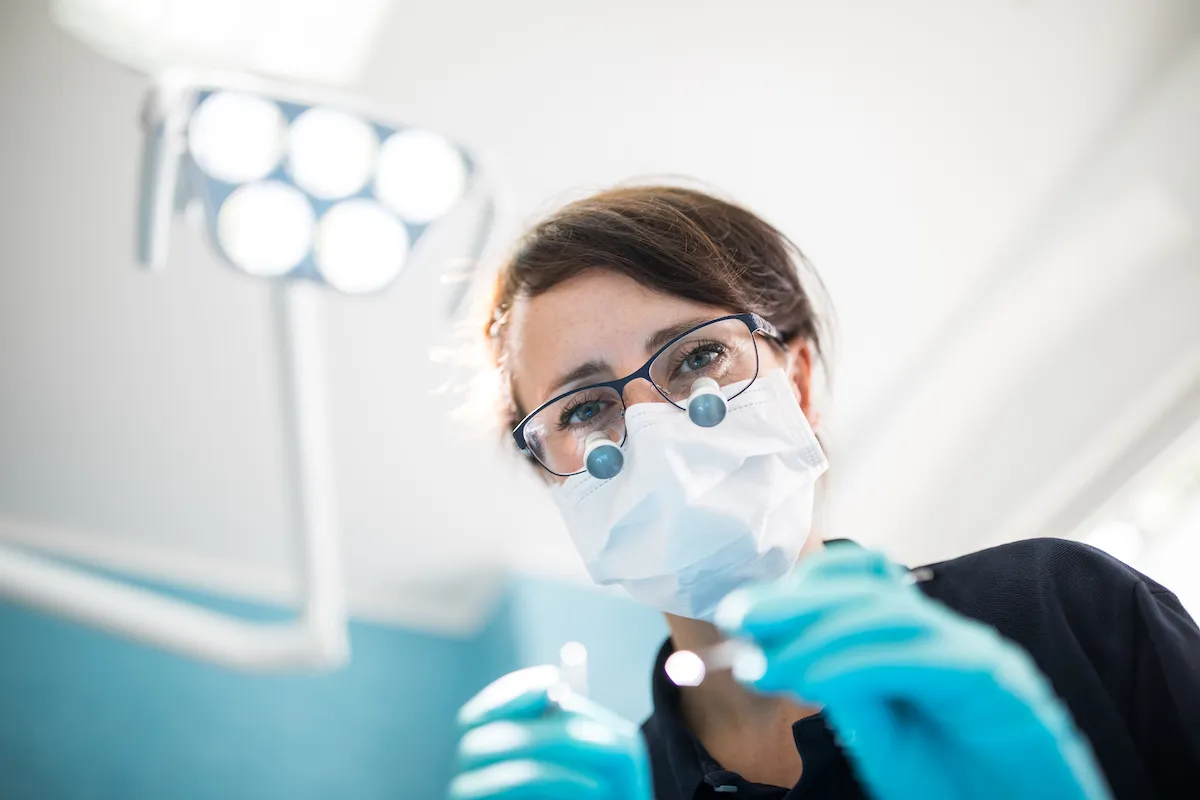With the news that ‘bold and radical’ action is needed to help our beleaguered NHS, it’s hardly surprising that people are actively avoiding their regular check-ups with their GP at the moment.
But considering we’ve always been told to put our health first, it’s a worrying trend that we’re now putting it on the backburner. More worrying still that some would rather not know for fear of long waits and lack of proper care further down the road.
But we all know that getting the right check-ups at the right time can very often be life-saving. Regular check-ups are crucial, especially if you’re concerned or have noticed something unusual. The longer things are left untreated and undiagnosed, the worse the case becomes.
And the more of these cases, the more pressure on the NHS, so it really is best to book them in. So which check-ups should we be prioritising? When? How often? And why?
Smear test
The NHS cervical screening programme invites women from 25-64 to book in a test. Depending on where you live and your age, you get an invite every 3-5 years as long as you’re registered with a GP.
Cervical screening is essentially a way of preventing cancer. It tests for a virus called human papillomavirus or HPV. High-risk HPV can cause cervical cells to become abnormal, which has a likelihood to lead to cancer.
A nurse will take a sample of cells from the cervix (the lowest part of the womb at the top of the vagina) using a small soft brush (smear test) and will then send the sample off to a lab to be tested.
Breast test
Anyone registered with a GP as a female will be invited via post for an NHS breast screening every three years between the ages of 50 and 71, although in some parts of England, the screening programme has been inviting women from 47 to 73 as part of a trial.
The screening involves testing for signs that could show a cancer is developing and involves a test called mammography, taking x-rays of the breasts. It can help to spot breast cancers early when they’re too small to see or feel; these are usually easier to treat than larger ones.
It’s advised to go to the GP straight away if you notice any unusual changes in your breast and not to wait until your next appointment.
STI test
You can head to a sexual health clinic at any time for this test regardless of your age or gender. The tests might involve: a urine sample, blood sample, swabs from the urethra (the tube urine comes out of), an examination of your genitals, or swabs from the vagina.
Tests for chlamydia and gonorrhoea require a urine sample or a self-taken swab for a woman. HIV and syphilis tests require a blood sample. Tests for herpes aren’t usually done unless you have sores, in which case a swab will be taken from the sore.
Regular sexual health screenings are important to maintain good sexual health, prevent STI transmission and ensure that any infections are treated quickly.
Bowel check
NHS bowel cancer screening checks are available to everyone aged 60-74, although the programme is expanding to everyone aged 50-59.
You use a home test kit, called a faecal immunochemical test (FIT), collecting a small poo sample for it to be sent to a lab and checked for tiny amounts of blood.
Blood can be a sign of polyps or bowel cancer. Polyps are growths in the bowel and although they’re not cancer, they may turn into cancer over time.
Bowel cancer is the fourth most common type of cancer, but screenings are important in prevention or to help find it at an early stage, when it’s easier to treat. If you have symptoms at any age, always see a GP rather than waiting to have the screening test.

Dental check
This check-up allows your dentist to see if you have any dental problems and helps you maintain a healthy mouth. The time between check-ups can vary from three months to two years (or up to one year if you’re under 18), depending on how healthy your teeth and gums are.
At the check-up, you can expect your dentist to examine your teeth, gums and mouth. You will also be asked about your general health and any problems you’ve had since your last visit. You may be asked about your diet, smoking and alcohol use, as well as your teeth-cleaning habits and offered advice and tips on how to brush properly.
Blood pressure
If you’re over 40, you can have your blood pressure tested as part of an NHS Health Check, which is offered to all adults in England aged 40-74 every 5 years (see box, above left).
If you’ve been diagnosed with high or low blood pressure or you have a high risk of developing either one, it’s recommended to have more frequent BP checks. You can get your BP checked at GP surgeries, pharmacies and some workplaces.
Skin/mole test
It’s important to give your skin a regular check so you can learn where your moles, birthmarks and other marks are on your body and what they usually look and feel like, so you can detect any changes over time.
If you see any type of mole, lump, sore or patch that’s changing shape, colour, growing, not healing, bleeding, crusting, itching or flaking, get it checked straight away.
Your doctor will look at the mole or area, measure it, take a photo, and examine it closely with a dermatoscope (like a magnifying glass). If they have any concerns, they will refer you to a dermatologist or pigmented lesion clinic.
Eye test
It’s recommended that most people should get their eyes tested every two years. If you’re eligible for a free NHS sight or eye test, the NHS pays for it.
Your ophthalmic practitioner or optometrist may recommend you have an NHS sight test more often than every two years if you have diabetes, are aged over 40 and have a family history of glaucoma.
Regular eye examinations are important because having your vision corrected can improve day-to-day life and decrease the risk of falls.
They will also help to detect certain eye conditions like cataracts, glaucoma, and age-related macular degeneration. An optometrist may also spot signs of broader health conditions with symptoms affecting the eyes, such as diabetes and high blood pressure.
The NHS Health Check
If you’re between 40-74 and don’t already have a pre-existing condition you will automatically be invited for a free NHS Health Check every five years. Alternatively, your local authority will send you an appointment explaining where you have to go for your NHS Health Check.
Top image credit: Getty Images
